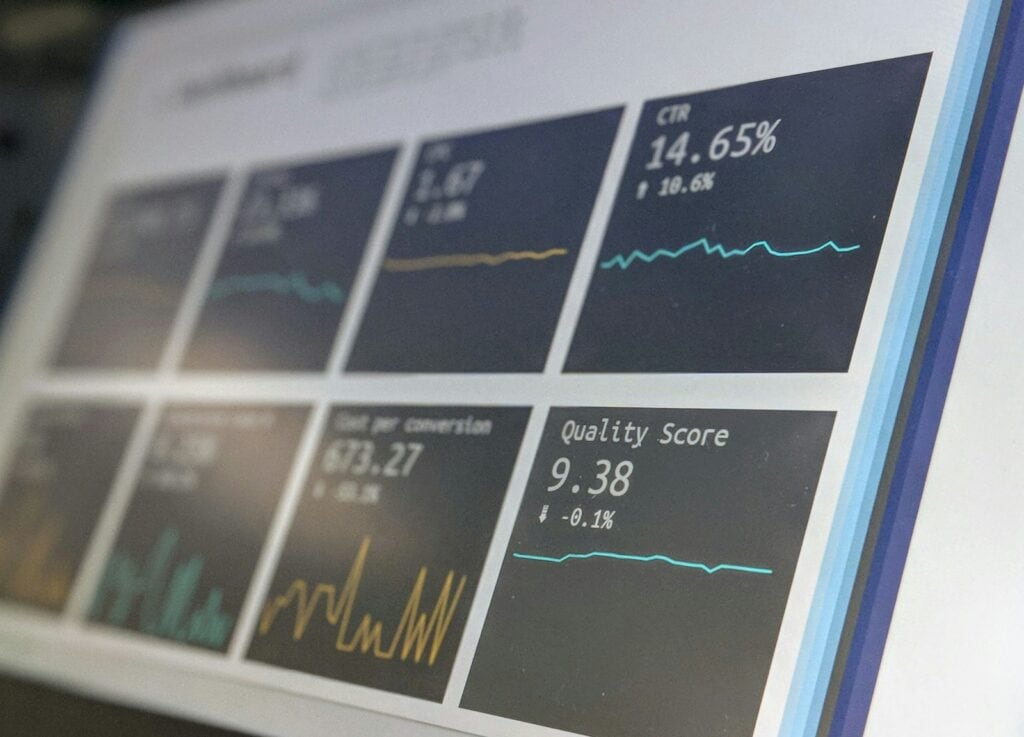Protect Your Rental Investment with Steadily
- Comprehensive coverage for fire, water, vandalism, and more
- Quick online quotes—get insured in minutes
- Tailored policies for short, mid, and long-term rentals
- Nationwide availability across all 50 states
Educational Content | Not Financial Advice | Connect with Licensed Professionals
Whether you’re a first-time landlord or managing a growing rental portfolio, staying on top of changing landlord-tenant laws is essential in 2025. Compliance isn’t optional—it’s the foundation of sustainable, risk-managed rental income.

From eviction procedures and lease requirements to fair housing protections and rent increase rules, even small legal missteps can cost thousands in fines, lawsuits, or delays.
This guide breaks down what landlords need to know before renting in 2025—including new updates, federal standards, and state-specific trends that impact how you operate.
Proactive landlords protect their investments by understanding the rules—before they become problems.
Regardless of your state, these federal regulations apply to all landlords in 2025:
Prohibits discrimination based on race, color, religion, sex, national origin, disability, or familial status. Many states and cities also protect sexual orientation, gender identity, source of income, and immigration status.
You must provide tenants with an EPA-approved Lead-Based Paint Disclosure Form and a pamphlet.
While not federally capped, most states require:
You must maintain safe, livable housing: working plumbing, heat, water, smoke detectors, etc. Tenants may withhold rent or break lease in extreme cases of neglect.
Get Your Free Quote NowHere’s what’s changing or expanding in 2025 across many landlord-friendly and tenant-friendly states:
Investor Tip: Use certified mail or online rent systems to log delivery and payment history.
Check your local rent stabilization board or housing authority before raising rents.
States are increasingly mandating lease inclusions such as:
Pro Tip: Use attorney-reviewed lease templates for your state—and update them yearly.
More states are moving toward deposit alternatives (like surety bonds) or limiting what can be charged upfront. Some require separate bank accounts or interest-bearing deposit handling.
States like Illinois, Massachusetts, and New Jersey have strict rules.
Use resources like:
DIY leases = risk. Use:
Keep records of:
This protects you in case of tenant disputes or eviction court.
Landlord policies often include legal assistance, eviction cost coverage, and loss-of-rent protection—worth exploring in 2025’s tighter legal environment.
Being a landlord in 2025 means more than collecting rent—it means managing risk, compliance, and tenant relationships within a dynamic legal landscape.
By understanding and following local and federal laws, you’ll protect your investments, avoid costly legal battles, and build a portfolio that stands the test of time.

This article is for educational purposes only and does not constitute financial, legal, or investment advice. Mortgage rates, terms, and requirements vary by lender and individual circumstances. Always consult with qualified, licensed mortgage professionals before making financial decisions. REInvestorGuide.com may receive compensation from featured lenders and service providers.
Our advise is based on experience in the mortgage industry and we are dedicated to helping you achieve your goal of owning a home. We may receive compensation from partner banks when you view mortgage rates listed on our website.

